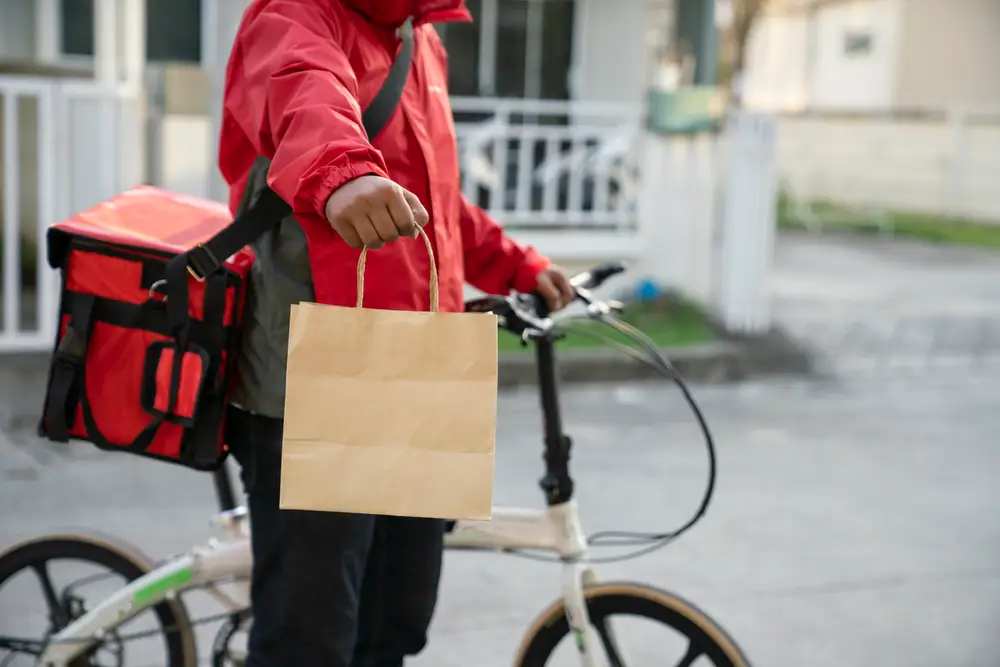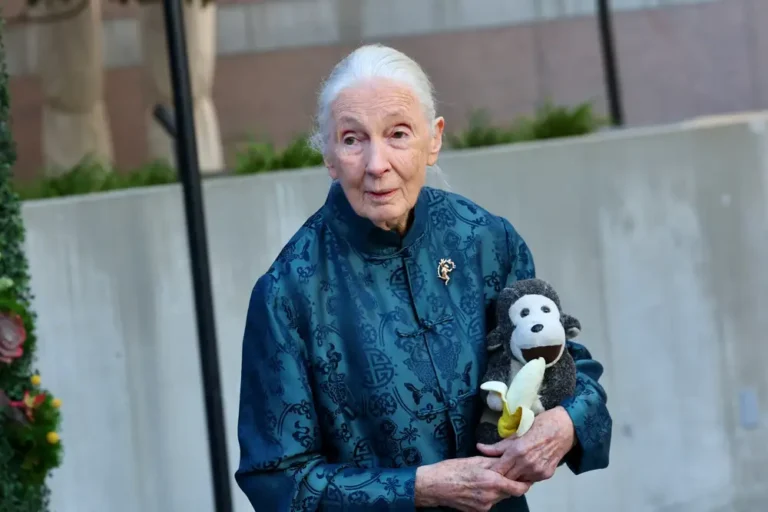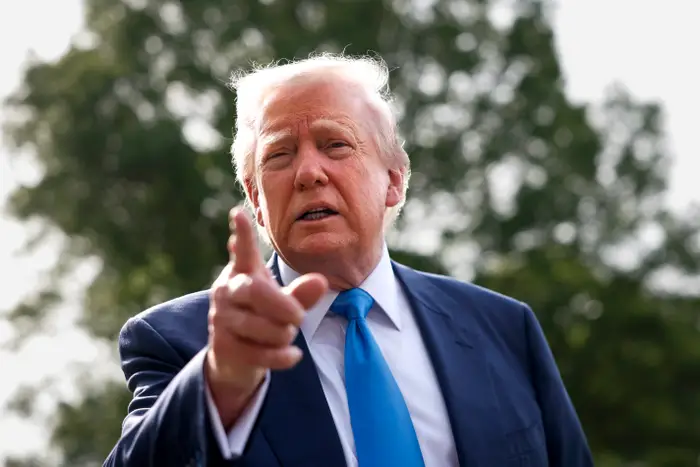Ordering delivery has gotten wildly expensive

Uber Eats and DoorDash continued to attract customers despite a pullback in consumer spending.
The price gap between getting your food yourself at a restaurant and having dinner delivered has become huge. That’s forcing some people to cut back.
Others say it’s worth the extra cost.
Ravi Wadan, a personal finance content creator in Seattle, posted a video on TikTok in February showing the cost of ordering a porchetta sandwich from a local deli through Uber Eats.
The sandwich alone cost $19 through the Uber Eats app, according to the video — a $3 premium compared to what the deli itself charges. But with a service fee, taxes, and a separate fee that Uber Eats added in response to Seattle’s law on gig worker pay, the cost of the sandwich comes to just over $34. A tip would raise the price even more, he told B-17 in an interview.
Instead of paying twice as much for delivery, Wadan said he now walks the four blocks to the deli to get the sandwich himself. “What’s the cost-benefit analysis here? Is it worth me spending 10 minutes walking down the street and saving 20 bucks?” he said. “For me, it is.”
An Uber spokesperson said that the company operates “a dynamic marketplace” and that the fees on Wadan’s order are “not representative of the national average.”
Uber tries to provide “selection, reliability, and value,” the spokesperson said. “Everyone wants to know that when they open the Uber Eats app, they’ll find what they’re looking for and trust it will be delivered in a timely fashion at a price that works for them.”
There have been plenty of signs lately suggesting that many low- and middle-income diners are pulling back on spending. Fast-food chains like McDonald’s and Taco Bell are offering revamped value options, hoping to lure in diners on a budget.
Many diners are even driving themselves to Domino’s to pick up their own pizzas to save money on delivery costs, the company’s CEO told B-17 in July.
The premium that diners pay to have their food delivered can be hefty. A study from FinanceBuzz in January found that orders from McDonald’s and Chick-fil-A can cost twice as much through delivery services like DoorDash and Postmates as they would at the restaurant, for instance.
That might make delivery seem like an obvious place for consumers to cut back their spending these days.
But the delivery companies say that’s not actually happening.
Both DoorDash and Uber reported earnings this summer that surpassed analysts’ expectations — and showed that lots of people are still willing to pay for delivery, even if they’re being more thrifty in other areas.
“We’re seeing really strong demand on the consumer side,” DoorDash CEO Tony Xu said on the company’s earnings call in August. “We’re not actually seeing some of the challenges that you may be hearing about or reading about in other headlines.”
DoorDash customers have continued ordering food — and, increasingly, groceries and other products — from the service, Xu said. Both DoorDash and Uber Eats have also seen growth in their subscription programs, which come with a monthly fee but offer discounts on individual orders, among other benefits.
“By any objective measure, we have not seen a consumer pullback, either broadly or in our own results,” a DoorDash spokesperson told B-17. “Consumers across very different economic environments are willing to pay for what they value, and we’ve improved our platform to serve more use cases, to get those things to you at a lower cost, and to make sure you get what you want when you want it.”
Uber, meanwhile, hasn’t seen its customers stop using the platform for delivery or rideshare, CEO Dara Khosrowshahi said during the company’s earnings call last month. Uber’s clientele skews more affluent, he said, though the company hasn’t even seen a drop-off with lower-income customers.
“It’s clear that delivery is much more habitual than many assumed,” Khosrowshahi said.
Even Wadan, the content creator who posted on TikTok, said he still uses delivery sometimes. He and his wife still have Thai food delivered, for instance, when they have friends over in the evenings and don’t want to interrupt socializing with a trip to pick up dinner.
“There are certain instances where we just order the food because it’s convenient and it just makes sense,” he said.






